Older generations’ views on respect are shaped by cultural values and life experiences.

Older generations often feel they deserve more respect due to the cultural norms and social expectations they grew up with. Their perspectives are influenced by life experiences, sacrifices, and the belief that respect honors tradition and fosters community bonds. Understanding these reasons helps bridge generational gaps and encourages open communication, moving beyond stereotypes and enabling mutual appreciation across age groups.
1. They grew up in a culture that deeply valued respect for elders.

Older generations often grew up in environments where respect for elders was a cultural cornerstone. Rituals, like standing when an elder entered a room, created a formal acknowledgment of age and experience in the social fabric. These customs reinforced relationships and established clear generational roles.
In today’s more egalitarian culture, younger people may not automatically extend such deference. While older individuals perceive this as a shift in fundamental values, younger generations prioritize mutual respect regardless of age, causing friction in expectations and interactions.
2. Life experience has taught them lessons that younger people might overlook.
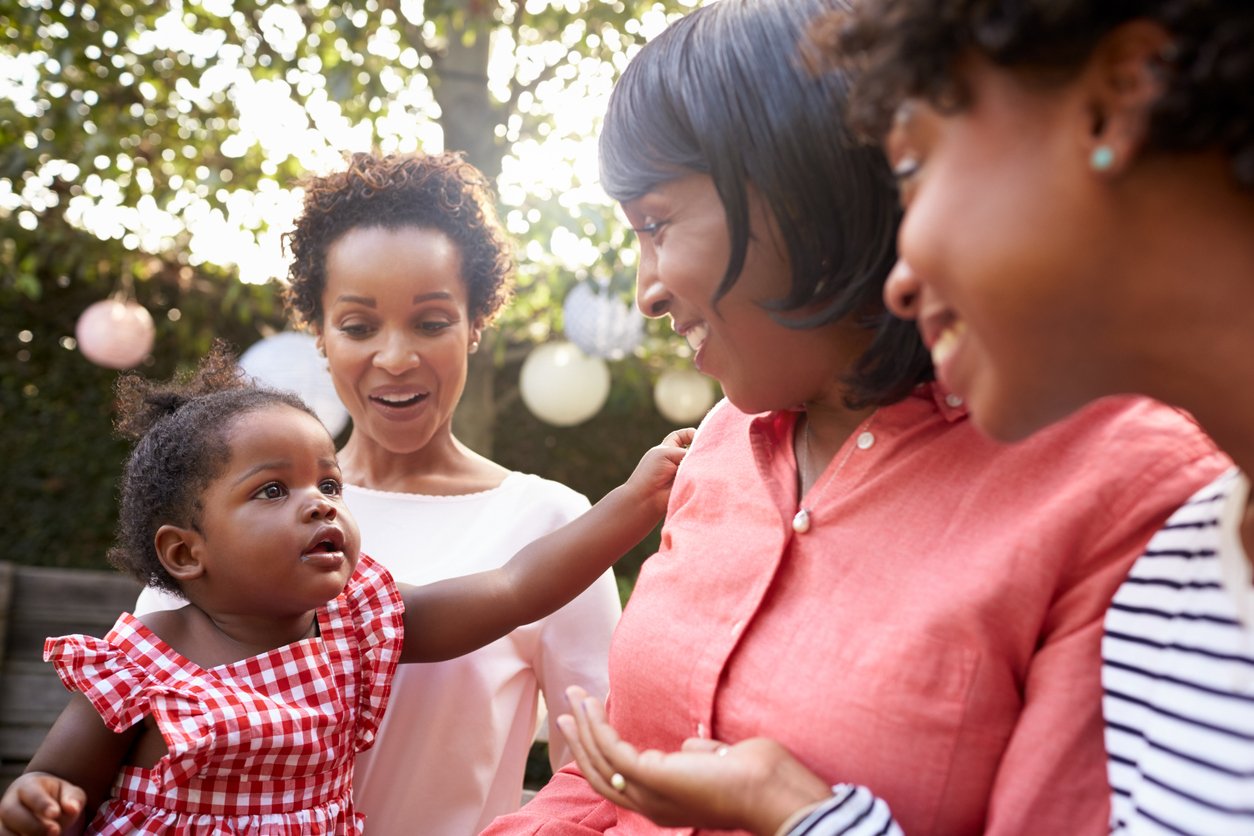
Through the lens of extensive life experience, many older individuals perceive lessons overlooked by youth. Countless encounters and challenges over decades have shaped unique insights. As a result, they often believe their accumulated wisdom inherently commands respect.
Younger generations may not always acknowledge this value explicitly, leading to unintended misunderstandings. While elders reflect on the longstanding applicability of their experiences, younger people may view the world through rapidly shifting modern lenses, seeking respect for their immediate knowledge and adaptability.
3. They see respect as a recognition of their hard work and sacrifices.

For some seniors, respect symbolizes recognition of their dedication and sacrifices. Years of hard work have often been foundational to family stability and community progress. Acknowledging these efforts seems a natural form of appreciation.
Conversely, younger individuals growing up in a rapidly changing world might prioritize current contributions. This shift can blur understanding, as older generations feel their past contributions are underappreciated despite having paved the way for today’s opportunities.
4. Older generations often remember times when respect was more customary.

In the past, acts of respect were more ingrained in daily life, providing older generations with a distinct memory of those times. Routines once included gestures such as offering one’s seat to an elder, reinforcing respect as a social norm.
Now, such customs have evolved, with younger people often expressing respect through equality and inclusion. This cultural shift sometimes leaves older individuals feeling that the world has forgotten the past’s courtesies, highlighting differences in how respect is demonstrated across generations.
5. They believe respect fosters stronger family and community bonds.
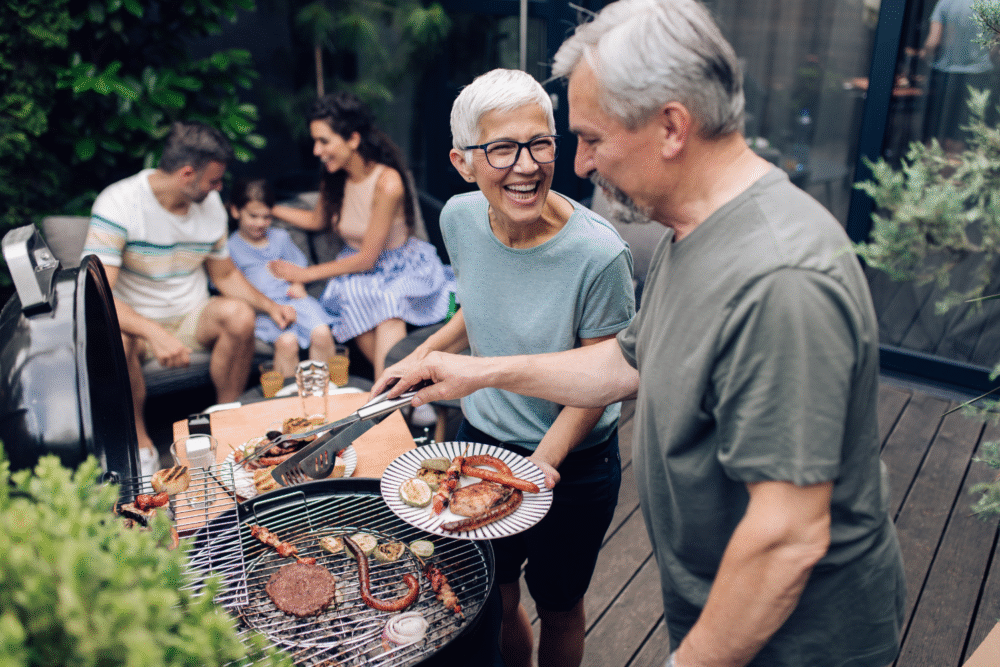
The belief that respect fosters family unity and strong community connections resonates with many older individuals. They view respect as essential for nurturing relationships, promoting stability in family life. This focus aligns with their lived experiences within close-knit communities.
In contrast, contemporary communities and families may prioritize open dialogue and less hierarchical interactions as foundations of connection. While older generations cherish respect for its unifying influence, others might seek balance through shared decision-making and cooperation without explicit age-based deference.
6. Many associate respect with dignity, which they feel should be universal.
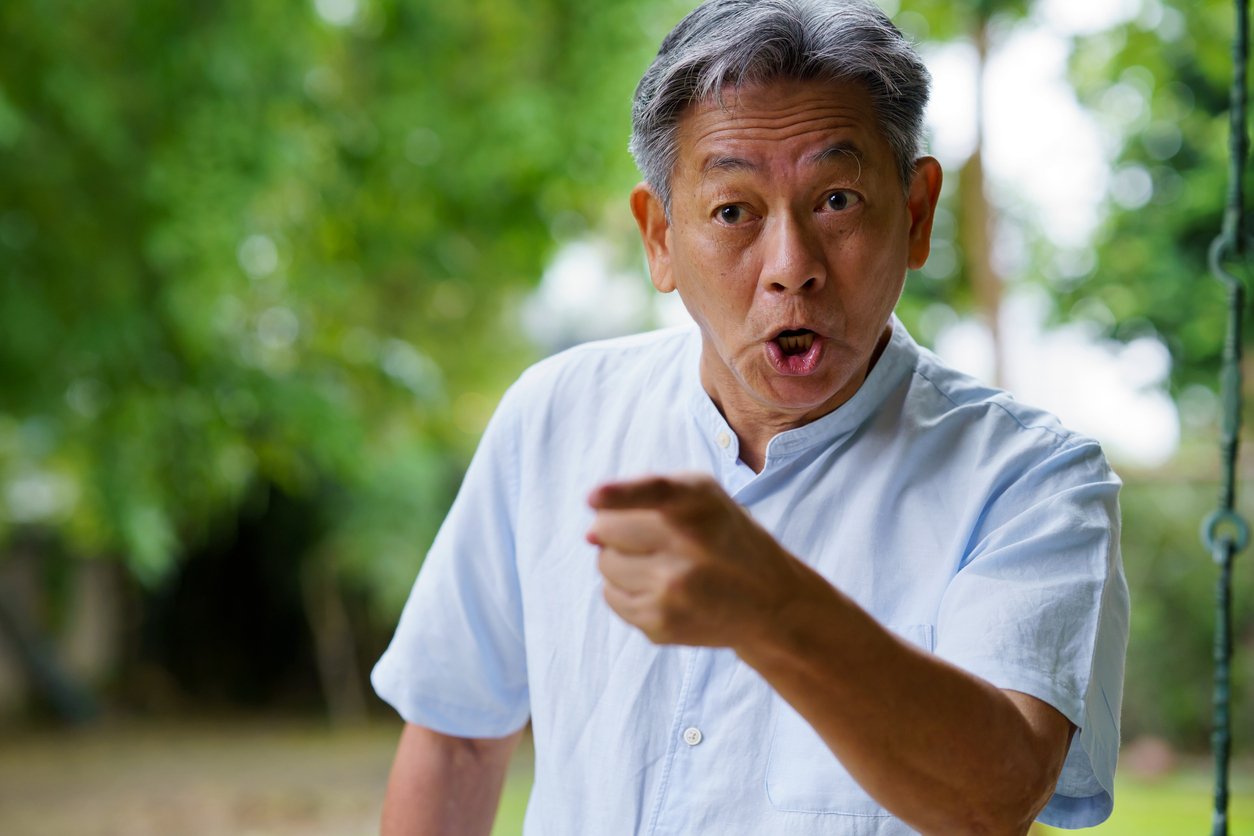
Dignity and respect are intertwined for older individuals who perceive universal respect as fundamental. Acknowledging one’s worth is seen as a baseline duty in interpersonal dynamics, safeguarding everyone’s inherent dignity and assisting in overcoming societal challenges.
Conversely, younger generations, focusing on inclusivity, might find dignity in empowerment rather than prescribed manners. While seniors view traditional respect as a safeguard of dignity, younger people are reshaping dignity as part of broader dialogues about mutual acceptance and equal participation.
7. They equate respect with acknowledgment of their contributions to society.
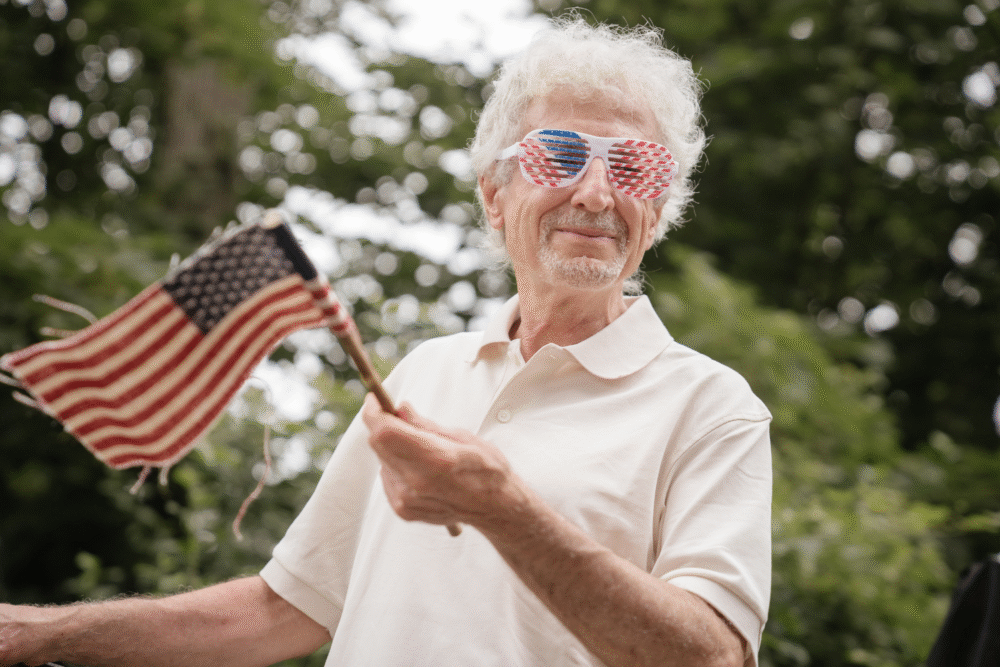
For some elders, respect acknowledges their roles in advancing society through careers or civic duties. These contributions, they believe, warrant recognition in social interactions, echoing their lifelong efforts towards personal and communal betterment.
Conversely, younger individuals might see societal contribution more broadly, valuing diverse forms of participation beyond traditional roles. This can create tension, as older individuals reminisce on tangible impacts which they feel have earned enduring respect, while younger generations redefine valuable contributions.
8. They feel that respect supports intergenerational understanding and connection.
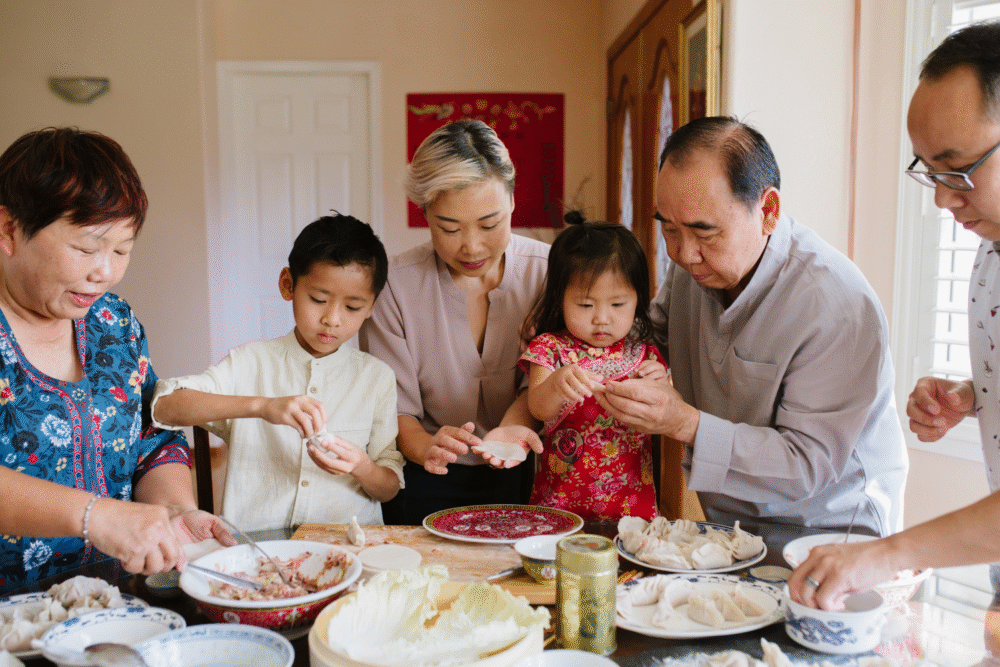
Many seniors feel respect bridges generational gaps, fostering understanding and connection. They see reverent communication as key to learning and appreciating different perspectives, enabling cooperative relationships between age groups.
Younger individuals might focus on collaboration and dialogue as tools for connection, sometimes overlooking reverence. While older generations cherish respect as a conduit for understanding, newer generations may approach intergenerational relations with an emphasis on shared experiences and actively building rapport.
9. Respect is viewed as a way to honor traditions and shared history.
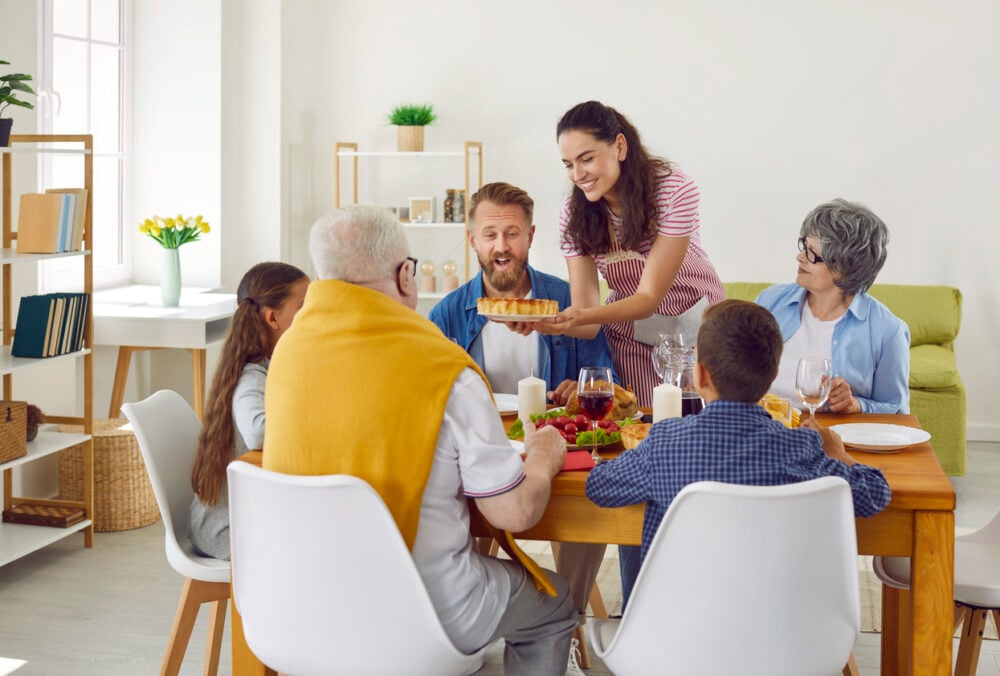
Honoring traditions and shared history through respect holds significance for many older individuals. Rituals and customs rooted in their cultures carry valuable lessons taught over time, helping maintain continuity and identity.
Historically significant traditions sometimes clash with modern perspectives looking toward future innovations. While seniors emphasize respect for upholding communal identity, younger people often embrace cultural heritage differently, preferring dynamic heritage expressions and evolving customs.
10. They have witnessed social changes that sometimes challenge their sense of value.
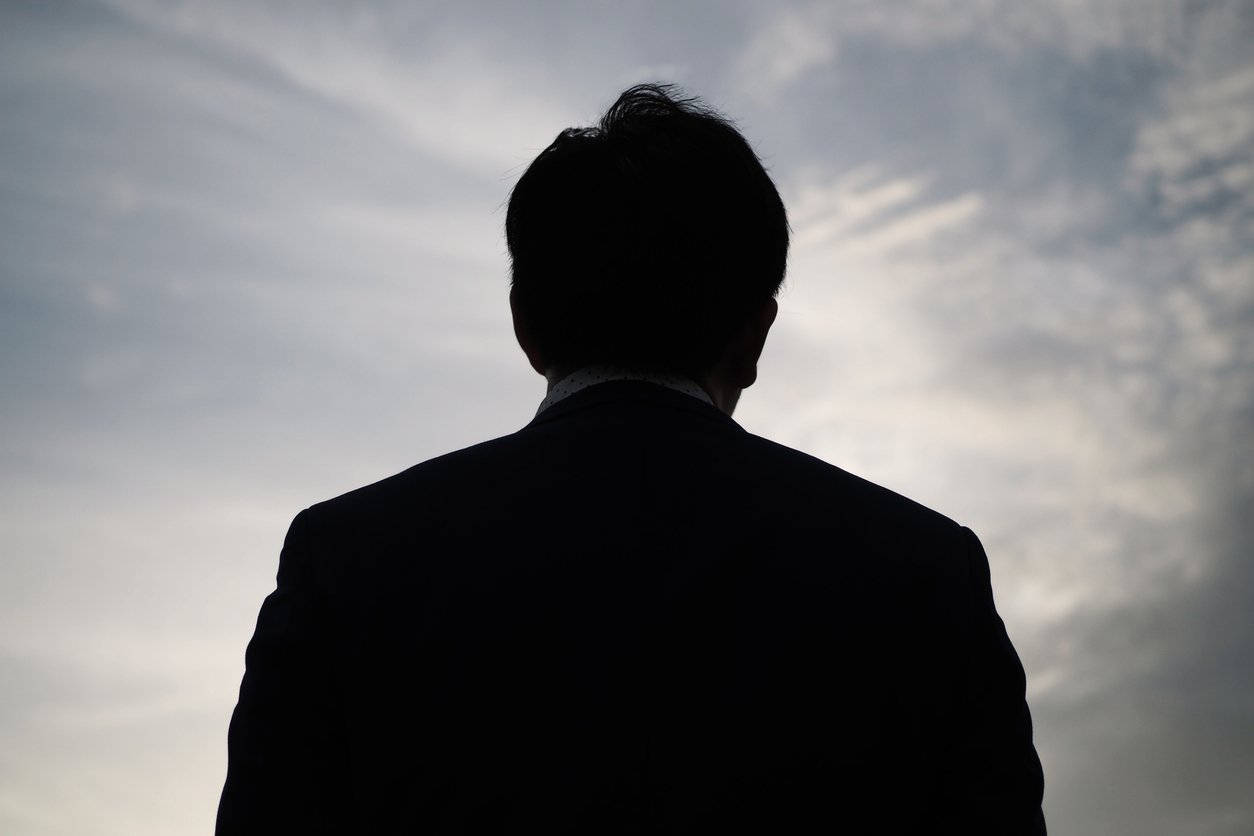
As witnesses to vast social changes, older generations sometimes confront challenges to their perceived societal value. Rapid cultural shifts can marginalize traditional roles, affecting how elders feel respected during these transitions.
Young people’s contemporary perspectives might prize adaptability and resilience, recognizing change as opportunity. As older individuals adjust to altered paradigms, they grapple with preserving self-identity within evolving contexts where respect may no longer be implicitly granted.
